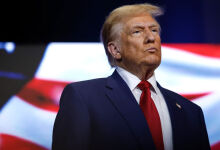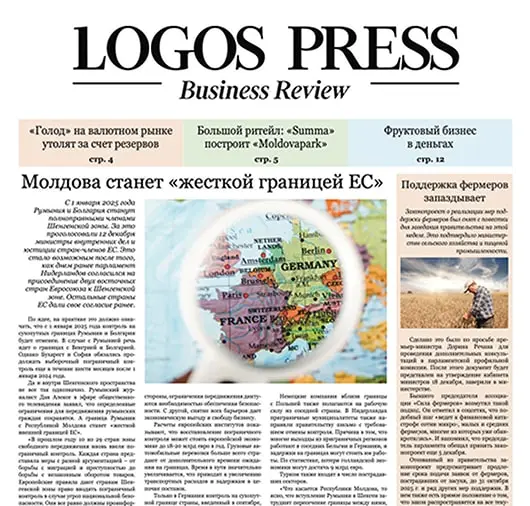(C) Project Syndicate
Articles
Will the BRICS countries (Brazil, Russia, India, China, South Africa) ever introduce a common currency to challenge the dominance of the U.S. dollar in the world economy? Like many traditional international economists, I generally reject the idea, despite my role in creating the acronym BRICS, which led to the creation of the official BRICS club (later expanded to BRICS+ with the addition of five new members).

Media outlets around the world are dying. In addition to the constant lack of funding, they now have to contend with artificial intelligence and chatbots that are drawing away audiences.

The just-concluded talks between representatives of the United States, Russia and Ukraine in the United Arab Emirates aimed at ending Russia’s war in Ukraine ended, not surprisingly, almost exactly where they began.
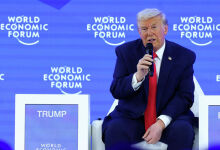
Continued attempts to frustrate multilateral tax cooperation are at the heart of a global program to replace democratic governance with the coercive rule of the extremely wealthy – or what we call 21st century Caesarism. Any strategy to counter this program must therefore take into account that taxing the extremely wealthy is essential to saving democracy.

When it comes to artificial intelligence (AI), the biggest problem for Europe is not the sudden emergence of advanced models abroad or the penetration of American and Chinese platforms into its markets. The problem lies in the general political economy of artificial intelligence, which relies on exactly those areas where Europe is lagging behind: accumulated industry power; computing (data centers and chips); and a truly unified market where strategic, large-scale growth is possible.

The EU was created as an antidote to power politics. But to survive, it needs to become a superpower, which contradicts the principles on which it was founded. The reason for this is US President Donald Trump forcing the EU to change virtually against its will.
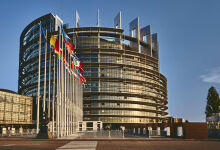
US President Donald Trump seems determined to reshape the North Atlantic region, and is prepared to destroy the transatlantic West in the process. Trump and his advisors appear to believe that alliances such as NATO are a burden and that “only America” will achieve true greatness. However, analyzing the administration’s performance over the past year, one can only find evidence of its self-weakening.
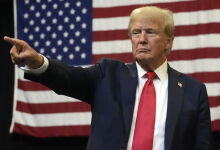
At virtually every historical turning point in the last century and a half, liberal democracy has been declared to be dying. This was the case in the 1930s, when supposedly “effective” fascist regimes spread, and in the late 20th century, when state capitalism contributed to the success of the “Four Asian Tigers” (Hong Kong, South Korea, Singapore, and Taiwan) and then, most remarkably, China. The same can be said today about the rise of authoritarian leaders who seem to be able to make quick decisions and take decisive action, if not long-term planning.
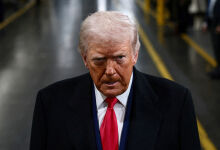
The rapid progress of large language models (LLMs) over the past two years has led some to conclude that AI will soon make higher education, especially in the humanities, unnecessary. According to this view, young people are better off skipping university and learning directly from the workplace.

Since the beginning of 2026, concerns about the artificial intelligence bubble have intensified as investors and policymakers have focused on whether and when it might burst. But the real question is not whether current estimates are inflated, but whether the new business model of artificial intelligence is different from the business models of previous technological revolutions.

There is no direct precedent for the U.S. Justice Department’s threat to bring criminal charges…
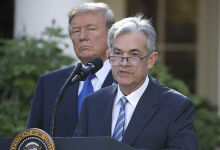
The press gleefully presented the overthrow of Venezuelan dictator Nicolas Maduro by US President Donald Trump as a prime example of the new “Monroe Doctrine”: a foreign policy stance that combines Trump’s aggressive transactional diplomacy with President James Monroe’s nineteenth-century assertion of US patronage over the Western Hemisphere. However, personalizing intervention in Venezuela has proven problematic, as Trump has twice been elected on a platform rejecting precisely the “regime change” and “nation-building” he now appears to be seeking.
